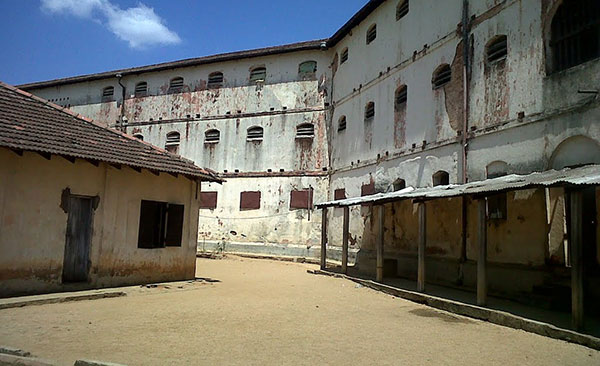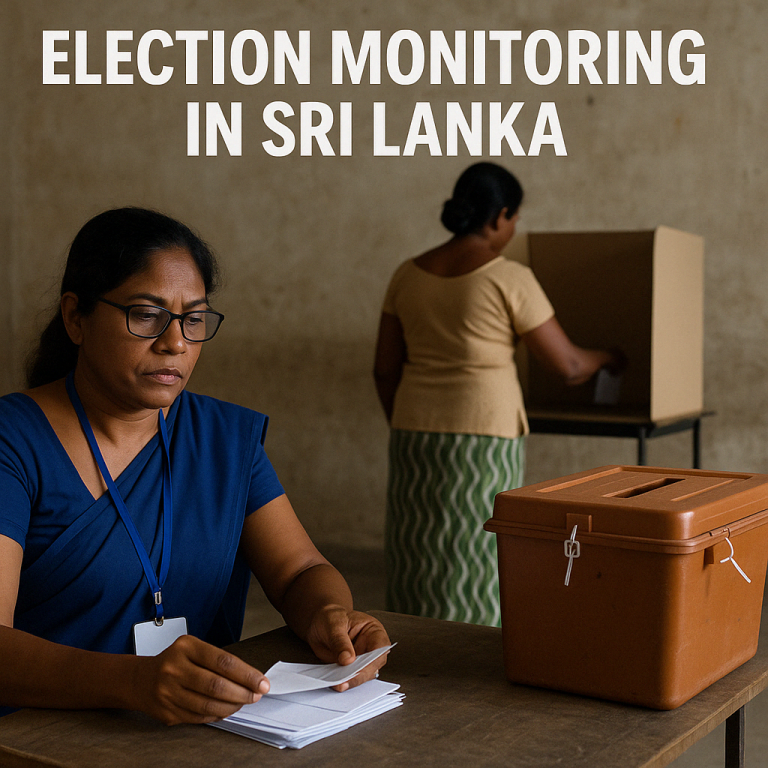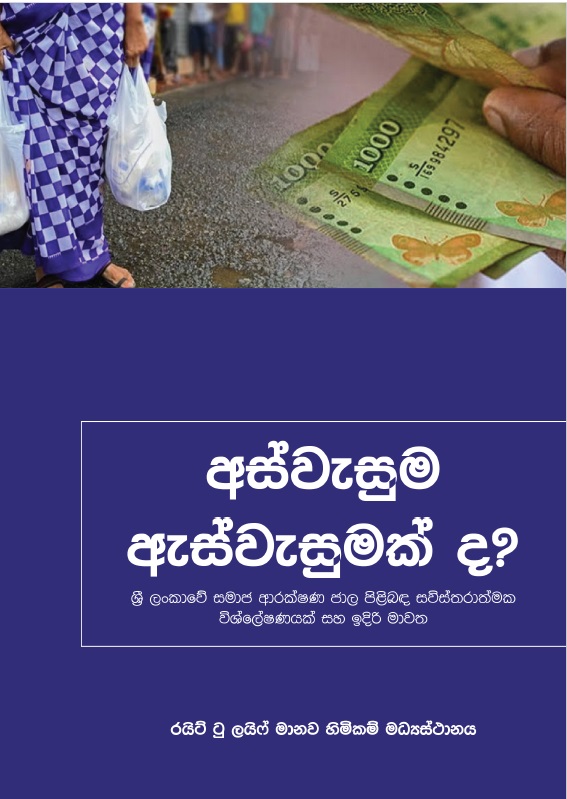The case related to the deaths of 11 inmates during the Mahara Prison riot in November 2020 has been officially closed. The Attorney General confirmed today (17) before the Welisara Magistrate’s Court that there were no changes to the earlier decision to terminate legal proceedings.
Magistrate Thusitha Dhammika Uduwawidana ruled that the case cannot proceed further, given the Attorney General’s stance and the lack of evidence to prosecute those involved. The case was initially opened following the deaths of 11 inmates during a police and Special Task Force (STF) operation to suppress a prison riot triggered by inmate protests over COVID-19 PCR testing delays on November 29, 2020.
The Incident and Investigation History
The riot at Mahara Prison escalated when inmates protested to demand timely PCR testing. During the chaos, 11 inmates were killed, and 107 others injured as law enforcement officers, including STF personnel, used tear gas, rubber bullets, and live ammunition to control the situation. Substantial property damage was reported, including the destruction of prison records and a weapons storage facility. Government losses from the incident were estimated at 18.5 million rupees.
Subsequent investigations faced challenges in identifying those responsible for the deaths. The Attorney General previously informed the court that ballistic evidence from the bodies of the deceased could not be conclusively linked to any specific firearm used during the riot. The Special Task Force and prison officials were found to have acted within the bounds of the Prisons Ordinance and in self-defense, preventing the situation from escalating further.
Attorney General’s Decision
Representing the Attorney General, Deputy Solicitor General Janaka Bandara clarified to the court that proceeding with indictments would not be feasible, as evidence did not establish a clear basis for charges under criminal law. He reiterated that officials acted lawfully to prevent greater harm, such as the potential escape of over 2,000 inmates and the complete destruction of the prison.
Bandara emphasized that while the Attorney General’s decision is not final, it can only be challenged through appeals to higher courts. “The decision to close the case was made after considering all available evidence and is based on legal grounds,” he stated.
Arguments from the Victims’ Side
Attorney-at-law Senaka Perera, representing the aggrieved parties, criticized the decision, arguing that the Attorney General’s stance implies legitimization of all the deaths. He maintained that the killings required thorough judicial review to determine whether actions taken were lawful. He further stated that the Prisons Ordinance does not authorize the killing of inmates as a means of maintaining order.
Court Ruling
After hearing both parties, Magistrate Uduwawidana declared the closure of legal proceedings, stating that the judiciary has no power to override the Attorney General’s authority in this matter. However, the magistrate noted that the writ petition filed in the Court of Appeal by the victims’ families could further address unresolved concerns.
This decision marks the official conclusion of a highly contentious case, which has drawn widespread attention to issues of accountability, transparency, and the use of force in Sri Lanka’s prison system.







